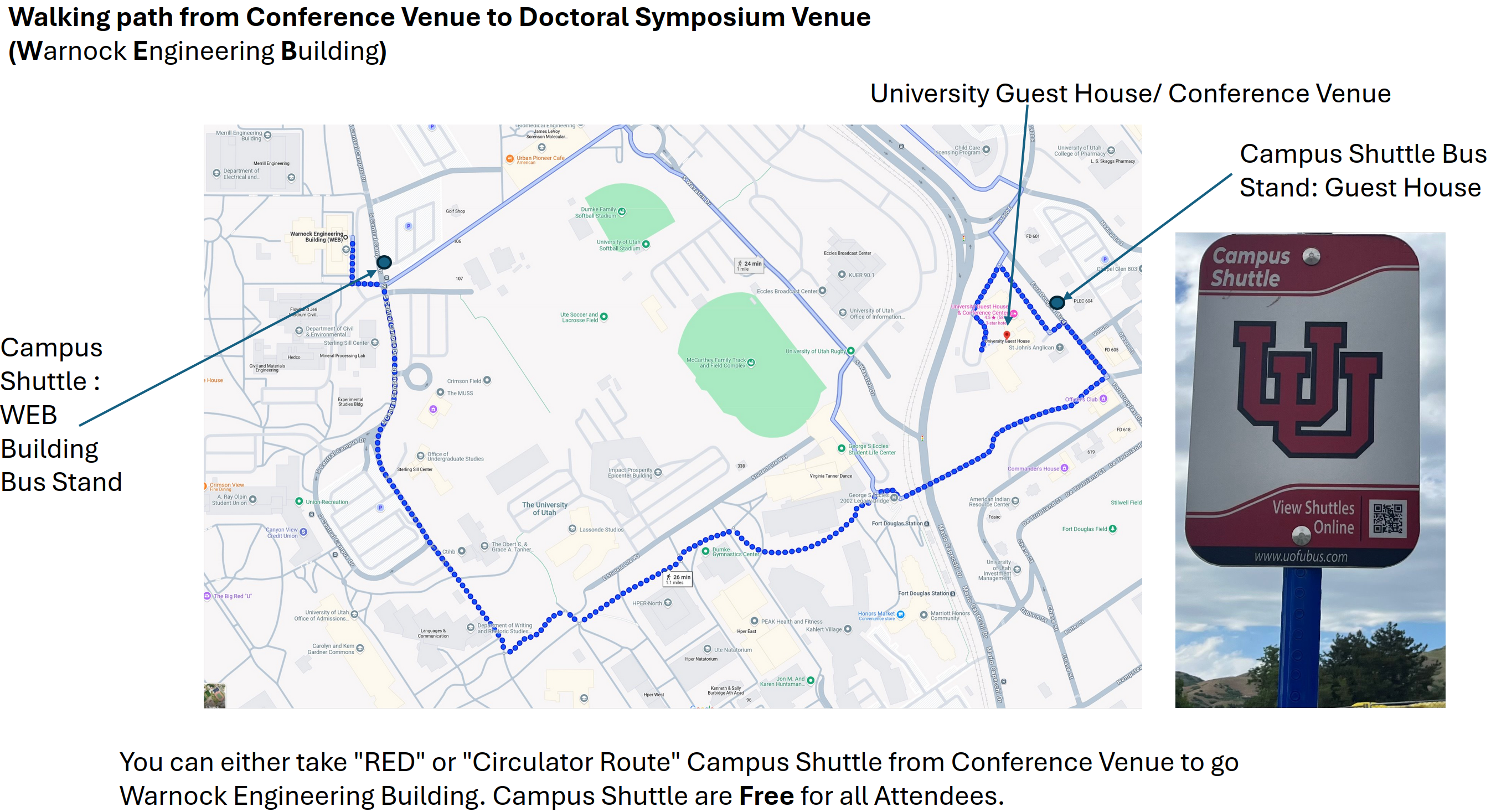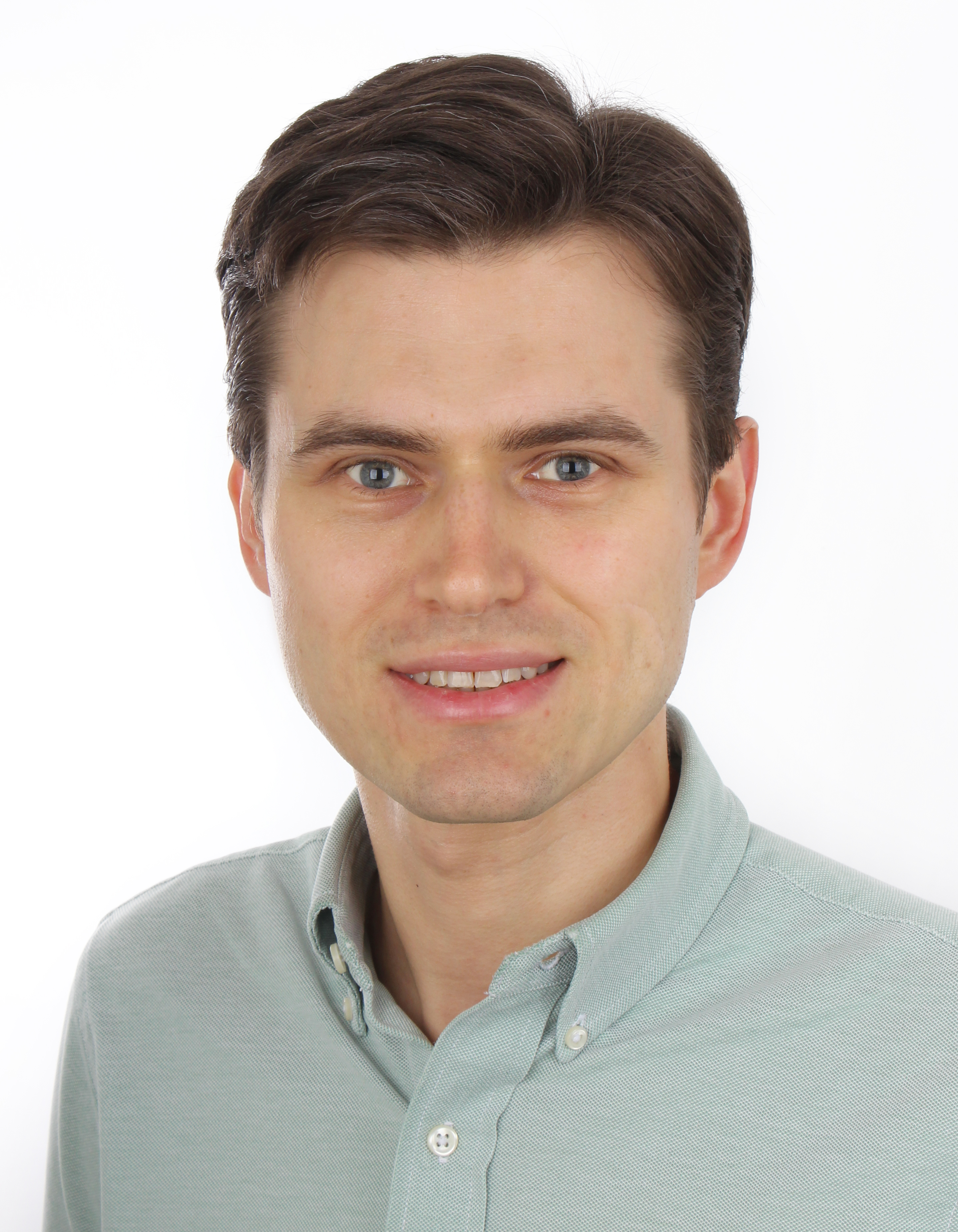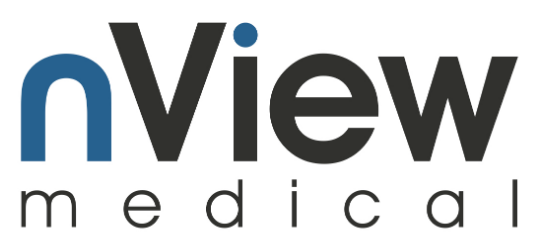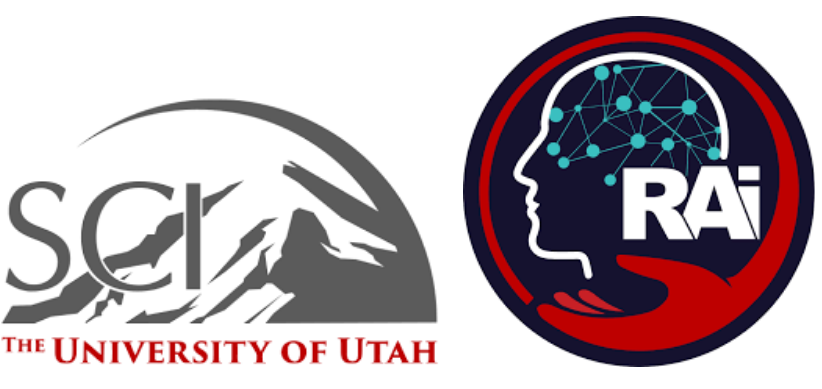Doctoral Symposium
Program At a Glance
We are pleased to share our tentative program for the Doctoral Symposium day at MIDL 2025. This event aims to provide an enriching experience for participants, including academic and industry professionals. We anticipate 80+ students and researchers attending (subject to change based on final registrations). This schedule is subject to modifications depending on the availability of company representatives and panel discussion members.
NOTE: This event is open only to individuals who have received a confirmation email from the organizing committee.
9:30 AM - 10:00 AM | Registration and Breakfast
Participants will be provided with light breakfast to stay refreshed. A relaxed networking opportunity to meet fellow attendees before the sessions begin.
10:00 AM - 10:45 AM | Keynote Speaker
A distinguished keynote speaker will provide insights into advancements in medical imaging and future research directions.
10:45 AM - 11:45 AM | Open Panel Discussion
An engaging discussion on medical imaging featuring invited professors sharing their career journeys, future research possibilities, and industry trends.
11:45 AM - 12:45 PM | Lunch Break
A networking lunch.
12:45 PM - 2:00 PM | Industry Lightning Talks & Panel Discussion
Industry representatives will give short presentations on their company’s vision, opportunities, and how students can contribute. This will be followed by an open Q&A session discussing industry challenges, expectations, career paths, and tips for crafting a strong CV and resume for industry roles.
2:00 PM - 2:20 PM | Young Researchers' Board (YRB) Presentation
The Young Researchers' Board will introduce their mission, activities, and opportunities for student involvement, providing inspiration for young scientists to connect and grow.
2:20 PM - 2:40 PM | Break
Networking over coffee, snacks, and refreshments — a chance to continue conversations and build new connections.
2:40 PM - 3:45 PM | Career Fair & Networking
Students will have the opportunity to interact with company representatives and academic labs at their booths, explore career opportunities, and connect with peers. Academic labs will also present available openings and research opportunities for students interested in pursuing academia. This session will offer valuable networking time to learn about potential career paths in both academia and industry. This is an opportunity to learn about job openings, internships, postdoctoral opportunities, and academic research roles.
3:45 PM - 4:00 PM | Gather at the Game Zone Place
Volunteers will guide participants to the Game Zone area for the evening networking and activities.
4:00 PM - 6:00 PM | Game Zone and Networking
Unwind with casual networking over billiards, bowling, ping-pong, air hockey, and video games — a fun way to end the day while strengthening professional connections. Union RecreationAll activities at the Game Zone are covered by the organizers, so you can simply relax and enjoy!
6:00 PM - 7:00 PM | Dinner
Warnock Engineering Building, Catmull Gallery.
Keynote Speaker: Edward V. DiBella, PhD
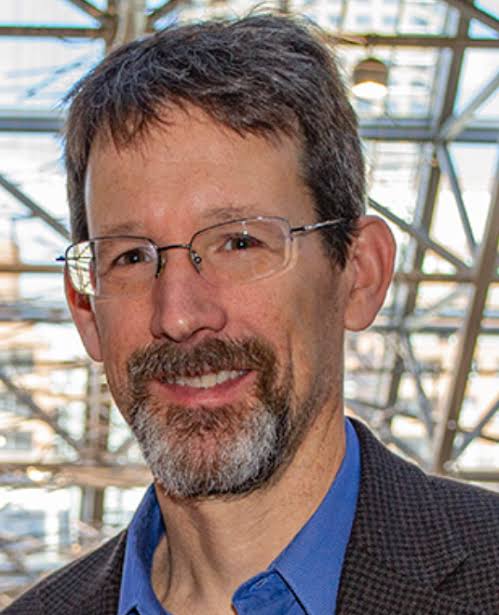
Professor, Department of Radiology and Imaging Sciences, University of Utah School of MedicineDirector, Utah Center for Advanced Imaging Research (UCAIR)
Biography: Dr. Edward V. DiBella's research focuses on advancing magnetic resonance imaging (MRI) techniques, particularly for cardiac, cancer, and stroke applications. His work aims to improve MRI acquisition, reconstruction, and post-processing methods. He is also involved in positron emission tomography (PET) and image processing research. Dr. DiBella earned his bachelor's degree from the University of Virginia, a master's degree from the University of Vermont, and a PhD from the Georgia Institute of Technology. He completed a postdoctoral fellowship in the Department of Radiology at the University of Utah. Throughout his career, Dr. DiBella has contributed extensively to scientific literature, with numerous publications on topics such as myocardial perfusion imaging, deep learning in MRI reconstruction, and diffusion MRI techniques. His work has significantly advanced the field of medical imaging.
Academic Panel Discussion Panelists
Chun Yuan, Ph.D.
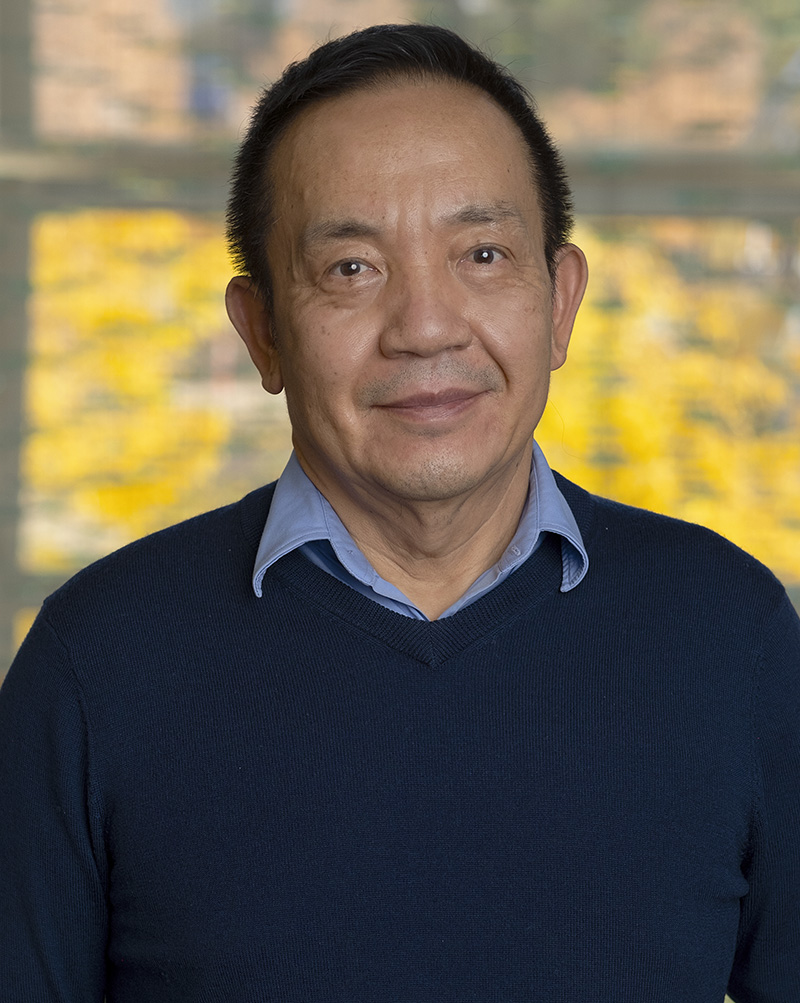
Parker Endowed Chair in Medical Imaging Research and Vice Chair for Research, Department of Radiology and Imaging Sciences, University of Utah
Emeritus Professor at the Department of Radiology and the Department of Bioengineering in the University of Washington
Biography: Dr. Chun Yuan is a leading international expert in cardiovascular and neurovascular imaging, using magnetic resonance imaging (MRI) to visualize disease in the vascular system. He has pioneered MRI techniques for atherosclerosis characterization with histology validation, developed diagnosis and quantitative analysis techniques, and championed their standardization. He is now expanding these techniques to study aging-related disease in the brain. His research has been supported by the NIH continuously since 1996 and is a Fellow of the International Society of Magnetic Resonance in Medicine; the American Heart Association; and the American Institute for Medical and Biological Engineering. He was the President of the Society of Magnetic Resonance Angiography in 2021, and a Visiting Professor at numerous international institutions. He received the American Heart Association – Amazon Web Service Institute for Precision Cardiovascular Medicine Award in 2019; and the Distinguished Investigator Award from the Academy of Radiology Research in 2016.
Dr. Yuan received his B.S. in physics at Beijing Normal University and his Ph.D. in Biomedical Physics at the University of Utah. He became Senior Research Analyst of GE Medical Systems immediately thereafter. He has pioneered multiple high-resolution MRI techniques to detect vulnerable atherosclerotic plaques and led numerous single and multi-site MRI studies examining carotid atherosclerosis. He serves as a NIH grant reviewer and was the chairperson of NIH ANIE study section (2021-2023). He is also a manuscript reviewer for many peer review journals focusing on magnetic resonance, arteriosclerosis, stroke, and cardiovascular sciences.
Throughout his 30+ years at the University of Washington, he has mentored over 80 graduate and postdocs who have moved on to become professors, chief research scientists, clinician-researchers, heads of departments and other positions of responsibility in both private and government or public institutions in the USA, Asia, Europe, and around the world. He has over 370 articles in peer-reviewed journals and wrote 23 Book Chapters.
Currently, Dr. Chun Yuan holds the position of Parker Endowed Chair in Medical Imaging Research and the Vice Chair for Research at the Department of Radiology and Imaging Sciences in the University of Utah. He is also Emeritus Professor at the Department of Radiology and the Department of Bioengineering in the University of Washington. He currently supervises several postdoctoral fellows, research scientists and graduate students at both institutions.
Beatrice Knudsen, M.D., Ph.D.
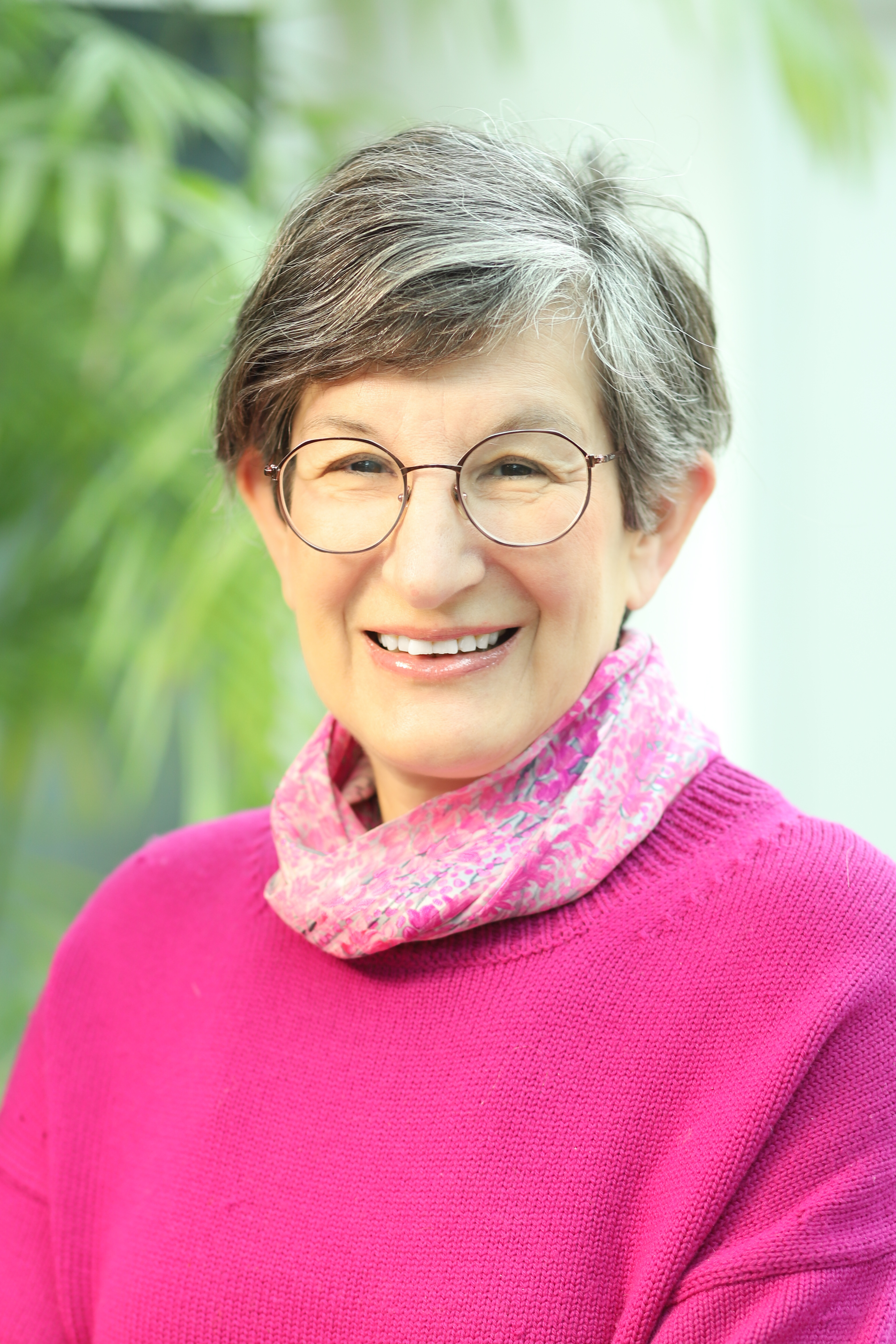
Professor of Pathology, Computational Pathology, Department of Pathology, University of Utah
Biography: Dr. Beatrice Knudsen is a board-certified pathologist who was recruited to the University of Utah to jumpstart a program in Computational Pathology which intersects between the Huntsman Cancer Institute and the Institute of Scientific Computing and Imaging. In her previous position at Cedars-Sinai Hospital in Los Angeles, she built a large biobank and translational research shared resource, with a strong digital pathology component and developed front end and self-administered opt-in consents. She serves on the international external advisory board for the Moonshot Program and serves as the chair of biomarker study sections in the US.
Christopher Gregg, Ph.D.

Professor of Neurobiology, University of Utah School of Medicine
Co-founder of Storyline Health Inc. and Uncharted Health
Biography: Dr. Gregg is a tenured professor in the Department of Neurobiology and adjunct in Human Genetics at the University of Utah School of Medicine. He is a member of the Huntsman Cancer Institute.
Dr. Gregg’s basic research program at the University of Utah aims to “identify the most important gene regulatory mechanisms in the genome and make them useful”. His lab studies mechanistic links between metabolism and gene regulation in the brain to understand metabolic control, decision-making behaviors, aging, and health in different species. The lab has expertise in comparative genomics, bioinformatics, single cell multi-omics, CRISPR-Cas9 editing, mouse genetics, evolution & ecology, and computational approaches to naturalistic behavior analysis.
Dr. Gregg’s translational work focuses on developing and delivering massively scalable AI technology solutions that “make precision medicine available to everyone”. He aims to shift the focus in healthcare from drug discovery to the development of “Algorithms-as-Drugs” technologies that use the medicines we have in smarter ways. He is a stage IV cancer patient and advocate for free patient education and cost-effective solutions. He has contributed to the development of pioneering behavioral artificial intelligence (AI) technologies that measure over 20,000 different behavior, speech, and vocal micro-features with a smartphone at Storyline Health Inc. (www.storylinehealth.com), new approaches to treatment development at Primordial AI (www.primordialbio.com) and co-founded the free Uncharted Health Masterclass for Cancer Patients (www.unchartedhealth.org). He serves as a scientific advisor for behavioral AI companies, including Rubicon AI and DepoIQ, and consults nationally and internationally on behavioral AI technologies.
Dr. Gregg performed his PhD. studies at the University of Calgary in Canada in the field of neural stem cell biology with Dr. Samuel Weiss. He was awarded the University of Calgary Chancellor’s Medal for his work on stem cell biology and regenerative therapies and co-founded a biotechnology company called Stem Cell Therapeutics that was taken public. In 2006, he moved to Harvard University with a Human Frontiers Postdoctoral Fellowship and developed RNA-Seq methods that can distinguish the expression of maternal and paternal alleles. He was awarded the Eppendorf & Science Prize in Neurobiology and his work was selected as one of the “Top 10 Breakthroughs of the Year” by the National Institutes of Mental Health Research. He was 1 of 4 scientists worldwide selected to be a NYSCF-Robertson Neuroscience Investigator. In 2018, STAT News highlighted his lab’s work as one of the breakthroughs of the year. He has several NIH grants and his lab’s basic science research has been highlighted in international news, a TEDx talk, and a documentary developed by Illumina Inc.
Alan Kuntz, Ph.D.
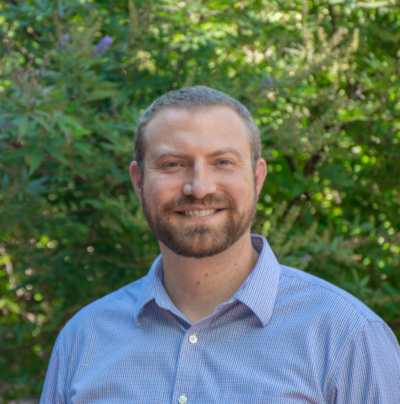
Assistant Professor, Kahlert School of Computing, Robotics Center, University of Utah
Biography: Dr. Kuntz is a computer scientist and roboticist with a research focus in robot motion planning, autonomous systems, and robot design optimization. He is particularly passionate about applications for robots in healthcare and surgery. He is an Assistant Professor in the Kahlert School of Computing (KSoC) and the Robotics Center at the University of Utah where he leads the Kuntz Research Lab, an interdisciplinary research lab focusing on robotics and computational methods with medical applications. Prior to joining the KSoC faculty at Utah, he was a postdoctoral scholar at Vanderbilt University in the Vanderbilt Institute for Surgery and Engineering. Dr. Kuntz completed his PhD in computer science at the University of North Carolina at Chapel Hill.
Industry Panel Discussion Panelists
Cristian Atria, Founder and CEO, nView Medical, Utah, USA
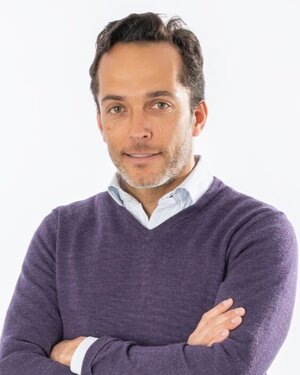
Biography: Healthcare entrepreneur with over 20 years of experience in product development and commercialization. Cristian is Founder and CEO at nView medical, a company that uses deep learning to generate tomographic images during surgery. Previously at GE Healthcare, he led major platform launches. Cristian holds multiple patents and advanced degrees in engineering and business.
Brian Price, Principal Scientist, Adobe, Utah, USA
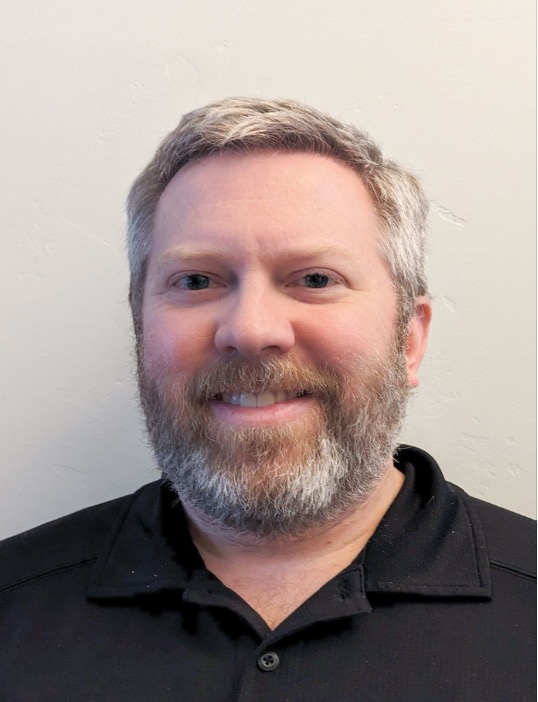
Biography: Brian Price is a Principal Scientist at Adobe Research specializing in computer vision. He has developed technologies that have been included in Adobe products such as Photoshop, AfterEffects, and Acrobat. His work has resulted in over 80 academic publications, most of which were in top tier venues, and over 90 patents. He was named a Distinguished Inventor at Adobe and awarded the Tech Excellence Award, Adobe’s highest award for technical achievement. He received his PhD degree in Computer Science from Brigham Young University in 2010.
Julia Komissarchik, CEO & co-Founder, Glendor, Utah, USA

Biography: Julia Komissarchik is a CEO & co-Founder of Glendor, Inc. Glendor PHI Sanitizer software is used by hospitals, laboratories, and pharmaceutical companies to automatically de-identify multimodal medical data. It addresses the critical challenge of protecting patients' privacy while enabling global medical data sharing and aggregation for medical research and AI training. Julia has over 20 years working experience in the areas of Artificial Intelligence including Machine Learning, Deep Learning, OCR, Image Processing, Speech Recognition and Analysis, Natural Language Processing. Her accomplishments include building ‘Did You Mean’ capability for Wikipedia in over 300 languages, and building a patented pronunciation training system that was incorporated into Rosetta Stone Language Learning. Julia holds degrees from UC Berkeley (Mathematics, Magna Cum Laude) and Cornell University (Computer Science). She has 10 US Patents in AI, with several more pending.
Mao Nuon, VP of Engineering, Pictor Labs, LA, USA

Biography: Seasoned engineering leader with two decades of experience in software engineering, product development, and leadership within the medical device and healthcare technology sectors. With a strong background in software systems, embedded systems, diagnostic instruments, complex laboratory automation, and, more recently, artificial intelligence (AI/ML). Proven track record of leading global R&D teams and translating innovative projects into successful commercial products. Currently, I serve as the Vice President of Engineering at Pictor Labs in Los Angeles, CA, where I oversee engineering operations and ensure alignment with the company’s strategic objectives. My responsibilities include providing technical leadership, managing engineering resources, and guiding cross-functional teams to deliver cutting-edge solutions. Previously, I held key leadership roles at Thermo Fisher Scientific, where I managed large, multidisciplinary engineering teams to develop Class II IVD molecular diagnostic software and lab automation systems for COVID-19 detection—contributing to one of the company’s highest-revenue products. Prior to that, I led embedded software engineering teams at Fresenius Medical Care, overseeing the development of Class III medical devices, including hemodialysis machines. My expertise includes regulatory compliance, particularly in ensuring that software development processes meet stringent medical device standards such as IEC 62304, ISO 13485, and FDA QSR 820.30. Earlier in my career, I held leadership positions at IQVIA and the Ragon Institute of MGH, MIT, and Harvard, where I managed software and QA teams, developed mission-critical clinical trial applications, and implemented computational tools for clinical research. I hold a MS in Mathematics from the University of Massachusetts, Amherst. I am deeply passionate about developing safe, effective medical devices that make a meaningful impact on patients’ lives.
Muir Morrison, Senior Data Scientist, ARUP Labs, Utah, USA
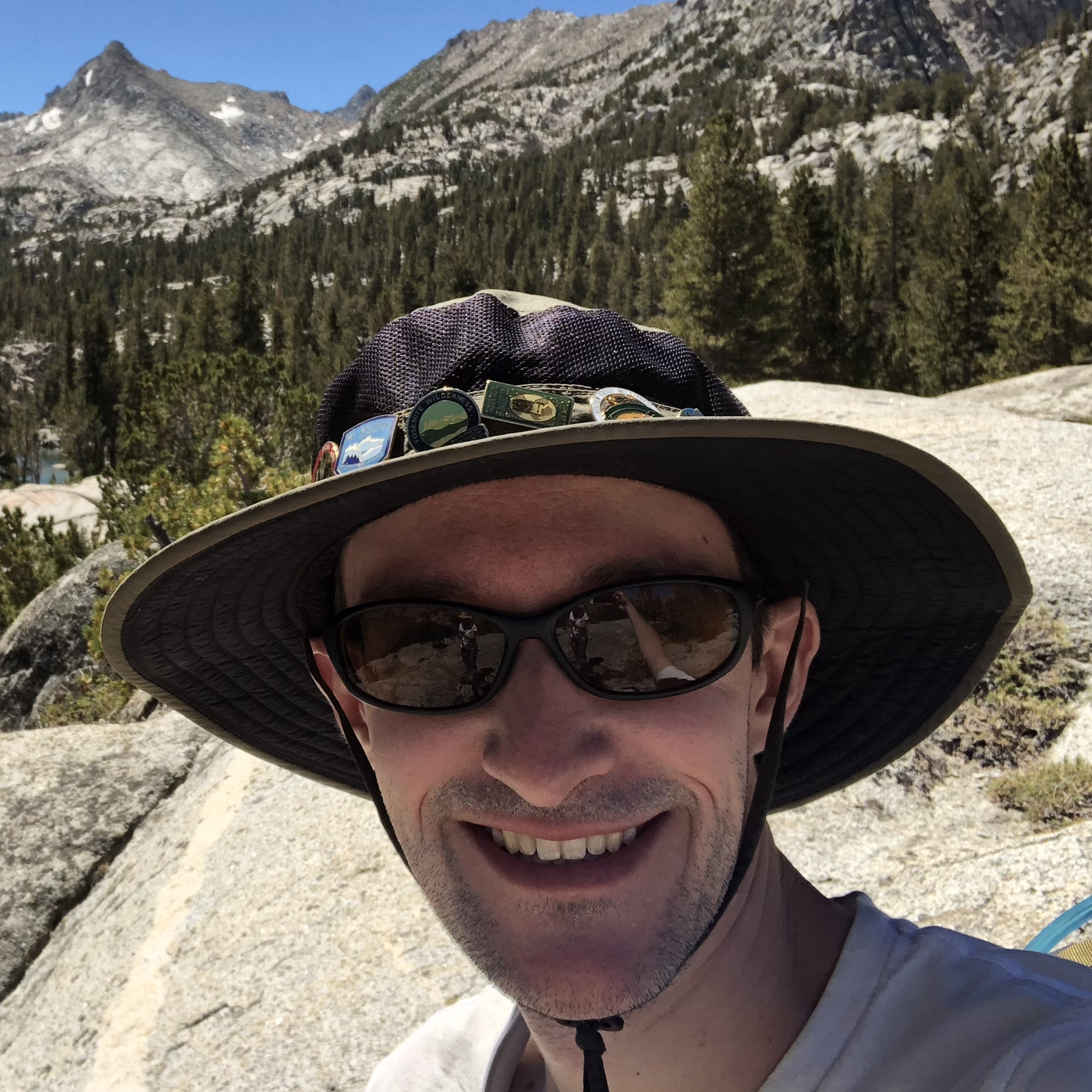
Biography: Muir studied physics and math as an undergraduate at University of Nevada, Reno before completing a PhD in physics at Caltech. His PhD work centered on building and evaluating biophysical models of gene regulation, particularly using Bayesian statistical methods. Since joining ARUP, his work has focused on applying deep learning techniques to various clinical diagnostics data, especially whole-slide images. And when not exploring data, he is probably out exploring Utah hiking trails!
Max-Heinrich Laves, Senior Research Scientist, Imfusion, Munich, Germany
Biography: Max is a senior research scientist at ImFusion in Munich, where he currently develops novel segmentation methods using graph neural networks. He studied mechanical engineering with a focus on medical technology at Leibniz Universität Hannover, Germany. After completing his PhD on calibrated uncertainty estimation in medical imaging with deep learning, he had a post-doc position at Technische Universität Hamburg. After that, he joined Philips Research and worked on deep learning techniques for image reconstruction in both CT and MRI. Since 2023, he has been applying his experience to advanced medical imaging technologies at ImFusion.
Career Fair
Doctoral Symposium Venue: Warnock Engineering Building
